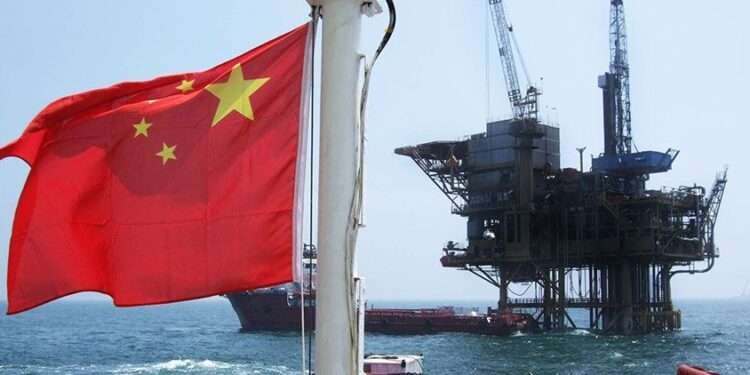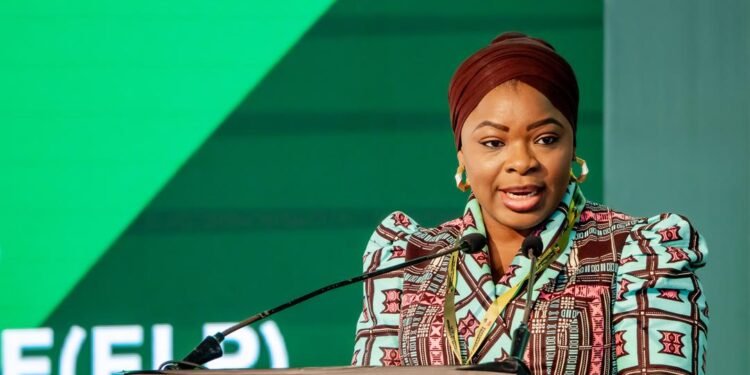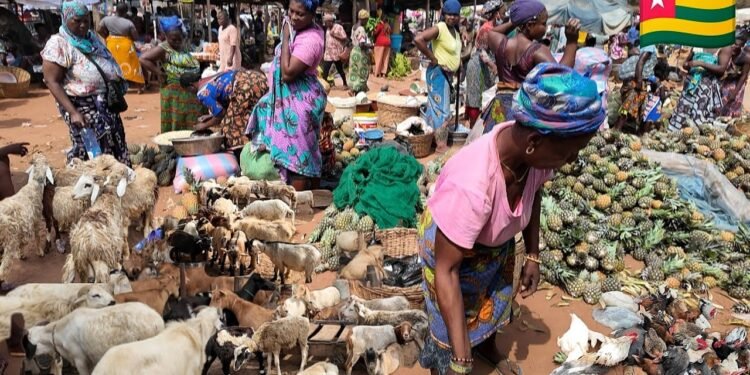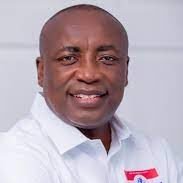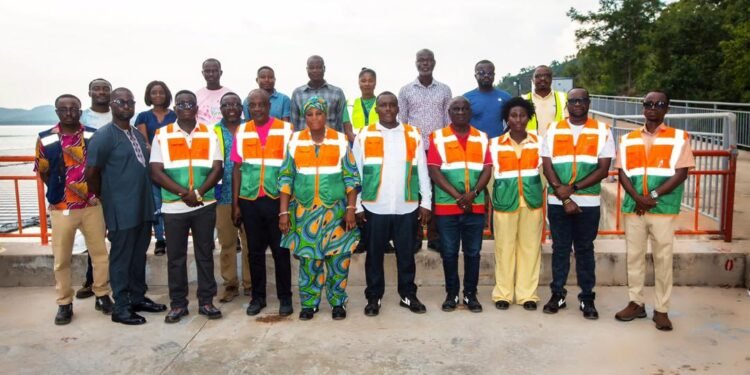The Sahel Alliance, which coordinates the development actions of the main partners of the G5 Sahel countries has pledged during its second general assembly in N’Djamena- Chad, to strengthen its actions in favor of education, youth, job creation, and support the most fragile states.
A meeting organized via videoconference, saw the members of the Alliance also pledging to further mobilize the private sector in development actions.
“Despite the difficulties, despite the pandemic, and more than reduced mobility, we managed to move forward on the Nouakchott agenda. Here (in N’Djamena), we have another agenda: improve and intensify the dialogue between the G5 Sahel and its partners, focus on the most vulnerable areas, strengthen accountability, focus on education, youth, employment, and the private sector”
Arancha Gonzáles Laya, President of the General Assembly of the Sahel Alliance.
The general meeting is aimed in particular to take stock of the commitments made at the first meeting organized in Nouakchott in February 2020 and define the outlook.
Taking stock of its actions since its creation, the Alliance indicates that it has mobilized 23 billion euros from its partners in favor of 900 projects in the five Sahel countries. On the ground, at least 550,000 people were able to have access to electricity, 1.6 million to sanitation, 5.6 million others had access to drinking water, more than three million children were vaccinated and 1,200 civil society organizations were supported.
Also, half a million peasants and pastoralists have been supported in their activities and 420,000 young people have benefited from vocational training.
In a speech read by Modibo Toure, Special Envoy, Shareholder Relations (Africa) at the African Development Bank, the President of the Bank, Akinwumi A. Adesina, recalled that the Sahel must meet three challenges: the security crisis, economic insecurity, and climate change.
“The three feed off on each other, fueling a cycle of violence, economic dependency, and poverty”.
Dr. Adesina
Recalling the African Development Bank’s commitment to the Sahel, President Adesina said he committed during the One Planet Summit for biodiversity, to invest $6.5 billion to accelerate the realization of the Great Green Wall Africa, whose objective is to restore 100 million hectares of degraded land across the Sahara and the Sahel by building a green wall over 7000 km, from Dakar to Djibouti and create up to 10 million jobs by 2030.
According to President Adesina, the African Development Bank will contribute to the Wall through five programs including the Desert to Power program which aims to produce up to ten gigawatts of solar energy and provide clean electricity to 250 million people in the eleven Sahelian countries.
“The Bank will invest $2billion in Desert to Power by 2025 and could leverage an additional $20 billion”
Adesina.
President Adesina also recalled that the African Development Bank remains committed to helping the G5 Sahel countries to “weather the storm” of COVID-19 with the objective of strengthening economic and financial governance and helping to settle arrears to allow the G5 Sahel countries to be in a better position to restore their growth in 2021.
Created in July 2017, the Sahel Alliance now brings together 25 countries and international organizations and eleven observer members. The G5 Sahel countries comprise Burkina Faso, Mali, Mauritania, Niger, and Chad.
The Sahel region is facing a multidimensional crisis marked by deep socioeconomic instability, high environmental vulnerability linked to climate change as well as political insecurity linked to the presence of terrorist groups. These challenges have been amplified since March 2020 by the COVID-19 pandemic.











